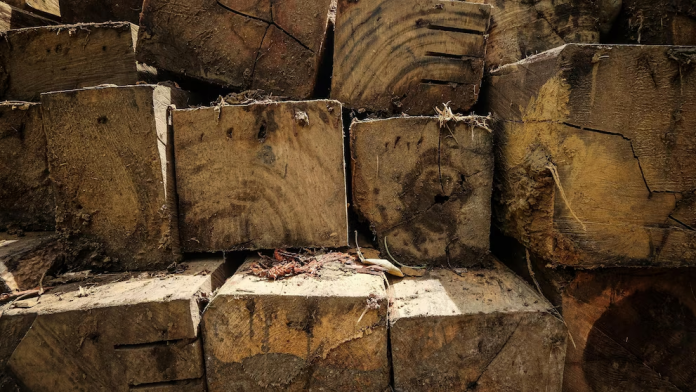South Korea’s government will cut subsidies for biomass energy after growing criticism related to deforestation, according to AP News.
Environmental activists, including Hansae Song, a programme manager at South Korean NGO Solutions for Our Climate, welcomed the reforms but criticised the loopholes and slow timeline for phasing out the subsidies.
While not without caveats, (the) decision by the South Korean government demonstrates that large-scale biomass power has no place in a renewable energy future.
The production of energy from biomass, mainly generated by burning wood, is growing globally amid an accelerated shift towards cleaner energy. In South Korea, biomass is the second largest source of renewable energy.
According to a press release from South Korea’s Ministry of Trade, Industry and Energy, the government allocated about $688 million to support biomass power plants. Due to limited domestic forest resources, the country focused on importing wood pellets at lower prices from forest-rich countries.
Under the revised policy, South Korea will not support any new biomass power plants. Subsidies for six existing state-owned coal-biomass power plants will end this year. The cost of renewable energy certificates for three state-owned specialised biomass power plants will also be phased out by 2027.
As countries accelerate their energy transition, demand for biomass is growing. The International Energy Agency reported that bioenergy use increased by an average of about 3 per cent per year between 2010 and 2022. However, environmental experts stressed that deforestation contributed to erosion, damaged biodiversity, and threatened wildlife and people dependent on woodland.
Environmentalists also condemned the use of biomass, as burning woody biomass could emit more carbon than coal, and cutting down trees significantly reduced the ability of forests to remove carbon from the atmosphere. Meanwhile, using biomass for co-firing instead of a direct transition to clean energy simply prolonged the use of coal, experts added.
